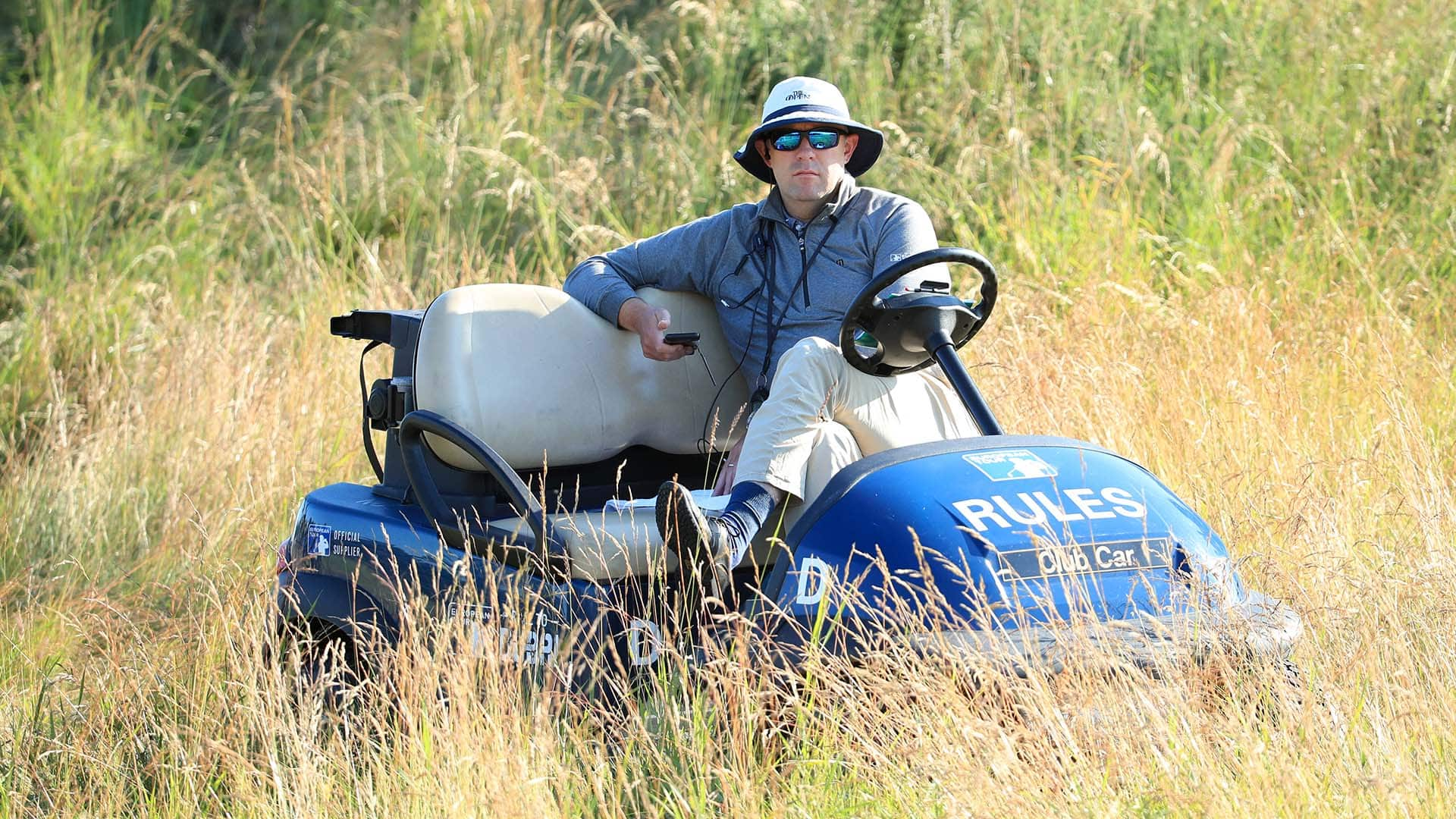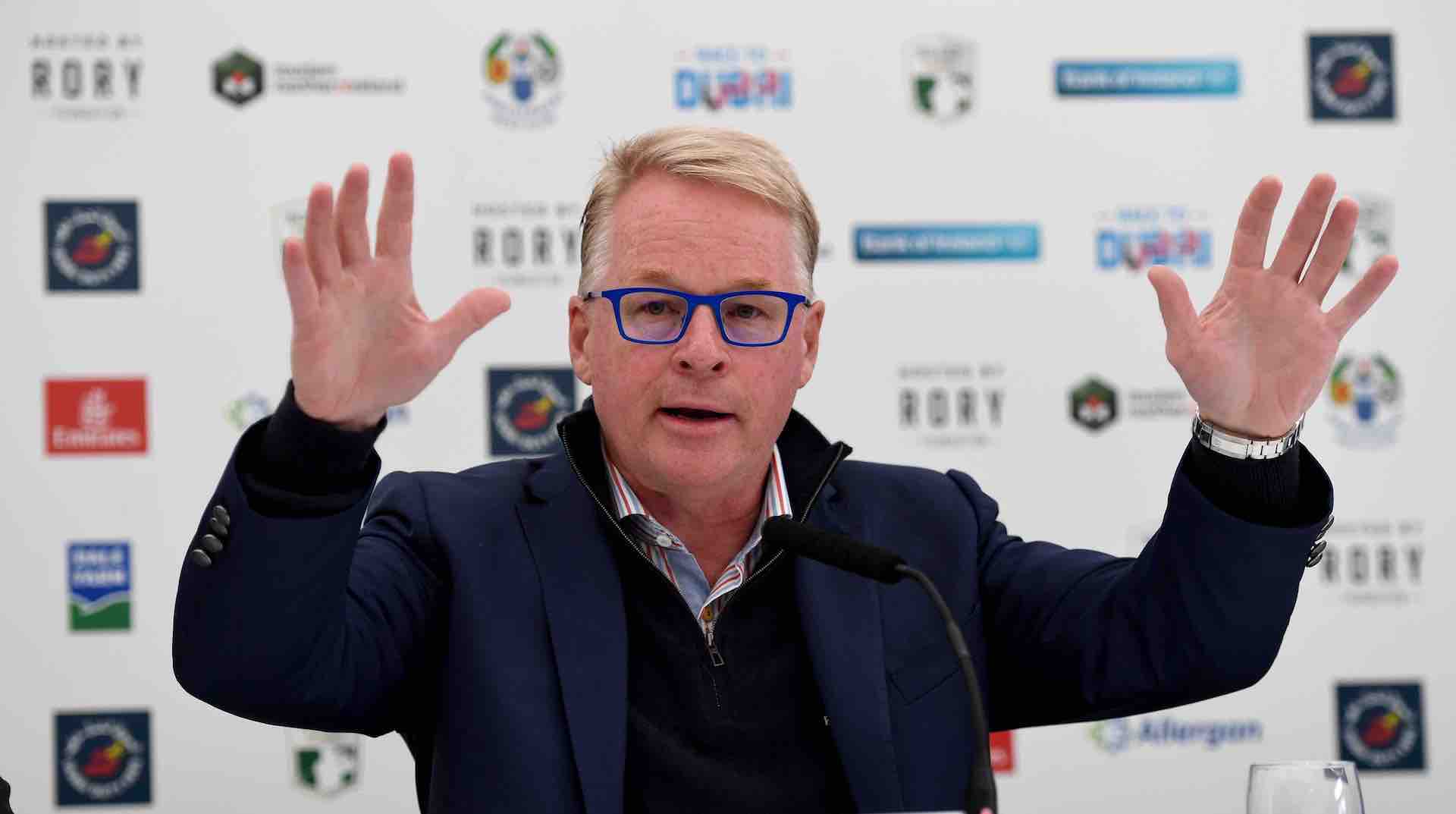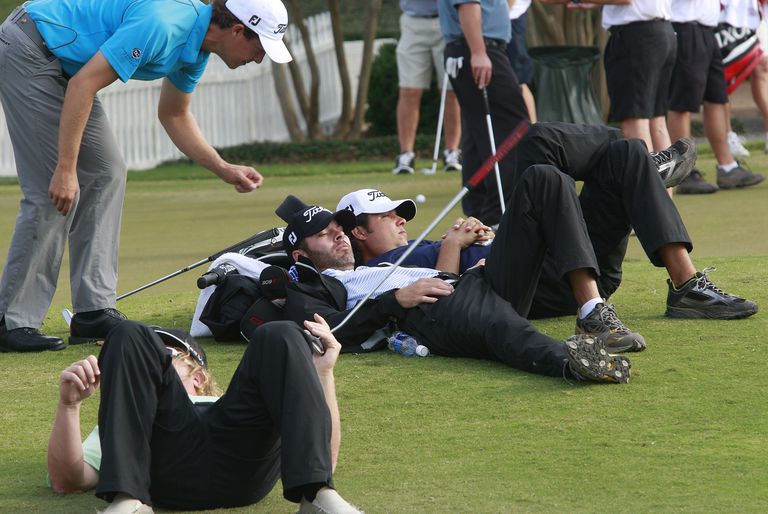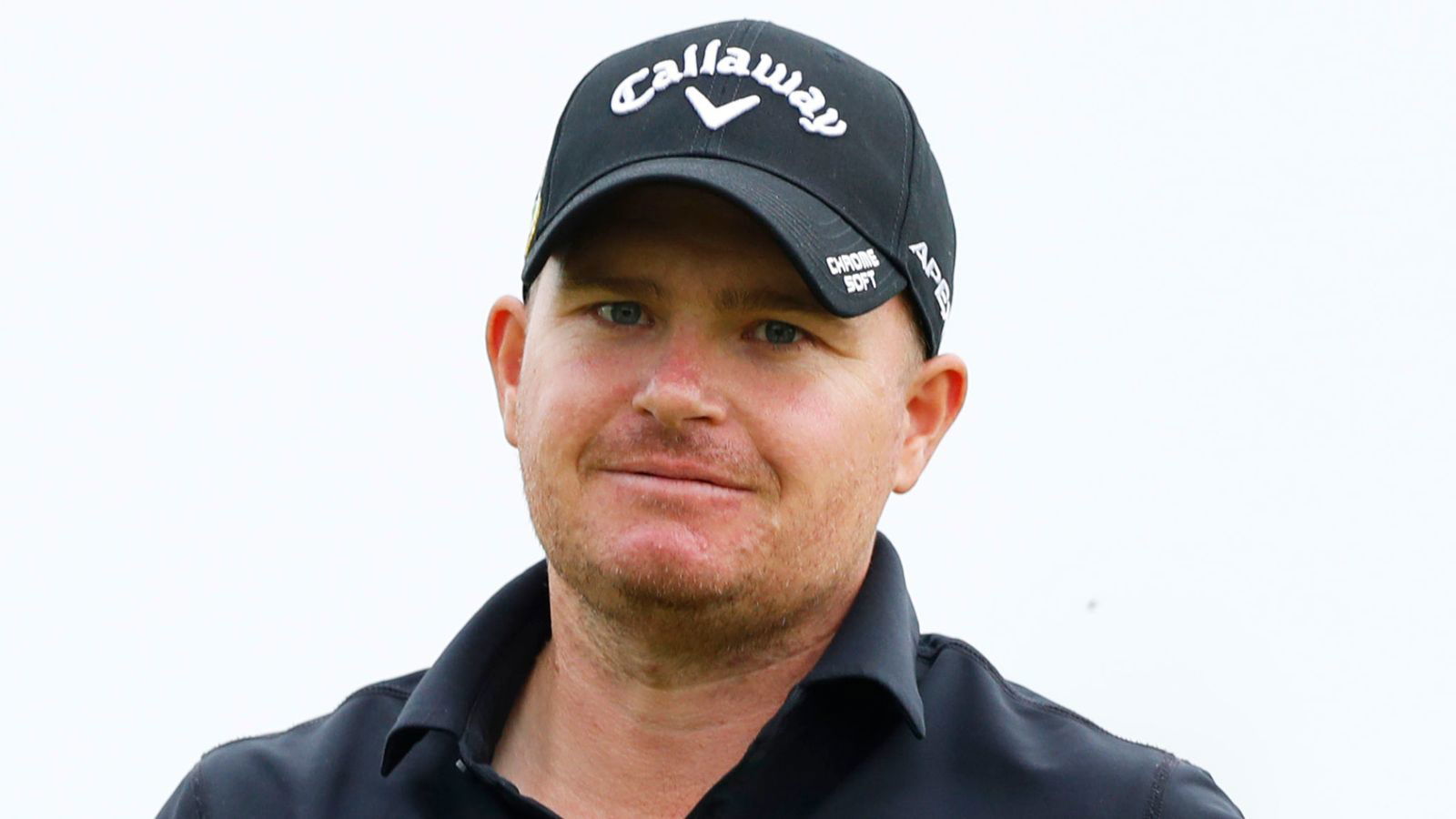European Tour reveals FOUR-POINT PLAN to address golf's slow play!
European Tour unveils new plans for 2020 season in a bid to tackle golf's slow play...

The PGA Tour might be taking its time on tackling slow play, but the European Tour has today stepped up to the plate by issuing a new four-point plan that will come into force in the 2020 season.
Slow play has been a topical issue in golf for many years, but particularly the past few years with everyone's attention shifting towards quicker rounds.

Bryson DeChambeau hit the headlines for all the wrong reasons earlier this month when seen spending two minutes and 20 seconds over a 10-foot putt, shortly before he took more than three minutes to pace out a 70-yard wedge shot due to being offline with his tee shot.
DeChambeau is just one a number of players on Tour - including his compatriots JB Holmes, Patrick Cantlay and Patrick Reed - to have caused outrage among golf fans on social media when it has come to slow play on the golf course.
RELATED: PIERS MORGAN URGES BRYSON DECHAMBEAU TO QUIT GOLF
The update from the European Tour also comes off the back of Edoardo Molinari recently revealing who the slow-play culprits really are - check out the article here.
But with slow play once again rearing its ugly head in the public spotlight, the European Tour has wasted little time and acted quickly to launch its new initiative that will aim to penalise players who take too long to play their shots on the golf course.
The European Tour's new system will focus on FOUR key areas: Regulation, Education, Innovation and Field Sizes.

According to the European Tour, the key to the regulation changes will be a player only having to breach the time allowances TWICE in a round to incur a ONE-STROKE PENALTY.
On top of that, there will be significantly increased fines for players who are regularly placed 'on the clock' throughout the season, along with reduces times for players to hit shots.
“We are already at the forefront of pace-of-play management in the professional game, but after being mandated by our Tournament Committee to be even firmer in dealing with this issue, the time was right to take these additional steps,” said European Tour chief executive Keith Pelley.
“I believe the plan we are implementing for the 2020 season will bring about meaningful change that will make golf even more enjoyable for the players and our fans, whether they are at the course in person or watching on television.”
So in short, two bad times in a round of golf will result in a one-shot penalty. Players will, however, have the option to request a one-time extension per round, meaning this will provide the player with an additional 40 seconds to hit their shot should they require extra time.

The European Tour will also improve its "in position" timing, which is introduced at the same time as monitoring. The time allowed to play a shot while still 'in position' (currently double the 'out of position' times), will be reduced by 15%, from 100 and 80 seconds down to 85 and 70 seconds, respectively, for first and second/third golfers to play.
Referees also will be proactive in targeting known slow players for in-position timing.
Reports claim that fines for consistently slow players who are regularly officially timed during the season will increase significantly.
For example, a player who is timed 15 times in the 2020 season will have to pay £26,000 in fines as opposed to £9,000 this season.
The European Tour claims that every new Tour member will be assigned a dedicated referee to help educate them on pace of play, and as part of retaining their European Tour membership, each member will be required to pass an interactive online rules test.
A trial pace-of-play system will be conducted at next month’s BMW PGA Championship, at the European Tour's HQ, Wentworth, Surrey.

The European Tour has also revealed it will be reducing field sizes from 156 to a minimum of 144, so long as all entered players in Category 18 (the final 111-125 on the previous year's Race to Dubai) and above make it into the event.
The thought process behind this is to create space for referees to push groups along during the opening two day's play. Larger starting intervals will then be built into play on the weekends to ensure a better flow between groupings.
“There is no doubt that pace of play is a hot topic in golf and as players we were keen to explore ways to address these issues in various areas,” said tournament committee chairman David Howell, a two-time Ryder Cup player.
“We have had some very interesting and robust debates in the process of agreeing to the new initiatives. But with a combination of education, deterrents, technology and modifications to the fields, we believe we have arrived at a set of fair and proportional measures to improve the experience for everyone involved in the game.”


